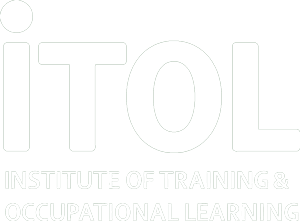Here are 7 Golden Rules for effective meetings:
- Start on time and end on time. – Every meeting should have established start and end times. Be sure to start your meetings at the appointed time and run no longer than the established end time. Sure, you can occasionally make exceptions to the end rule when meeting participants agree to extend the meeting themselves, but you’ll start losing participant effectiveness as they begin to worry about other commitments.
- Have an Agenda. – An agenda—the plan for your meeting—is essential. Don’t even think about winging a meeting without it. Even better, distribute the agenda to participants before the meeting. This way, meeting participants can be prepared for the meeting in advance, and you’ll multiply its effectiveness many times over.
- Be Prepared. – It takes only a little time to prepare for a meeting, and the payoff is well worth it—significantly increased meeting effectiveness. This should include an initial chairperson’s orientation speech in which you summarise the reason the group is meeting and the desired decisions or actions that will result.
- Maintain Focus. – Stay on topic at all times and avoid the temptation to get off track or to follow interesting (but unproductive) digressions that take you no closer to solving the issues that were the reason for meeting in the first place. Digressions and off-topic discussions might be entertaining, but they are a waste of time for everyone involved. Stick to the topic and the timelines you set for each item on the agenda. Vary from that only with the permission and agreement of the group.
- Have Fewer but Better Meetings. – Makes sense, doesn’t it? Schedule meetings only when they are absolutely necessary! At all costs, avoid what some people call standing meetings such as, “We’ll meet every Tuesday at 2 P.M.,” which encourages meeting for meeting’s sake, instead of with a clear sense of purpose. And when you call a meeting, make sure that it has an agenda and that you do whatever you can to keep it on track and effective. And if the reason for calling a meeting is resolved prior to the start time, cancel it. Everyone will be impressed and grateful that you did.
- Think Inclusion, not Exclusion. – Don’t just invite anyone and everyone to your meetings—select only those participants necessary to get the job done. Likewise, don’t exclude people who need to be present for the matters being discussed. Then make sure all who are invited know why and what is expected of them when they attend. This helps them each to prepare and to bring the appropriate information with them.
- Capture Action Items. – Have a follow up action plan or a system for capturing, summarising, and assigning action items to individual team members, which can often be handled by assigning roles to attendees such as scribe, timekeeper, and summariser. And be sure to follow up team member progress on assigned action items to ensure that they get done.

